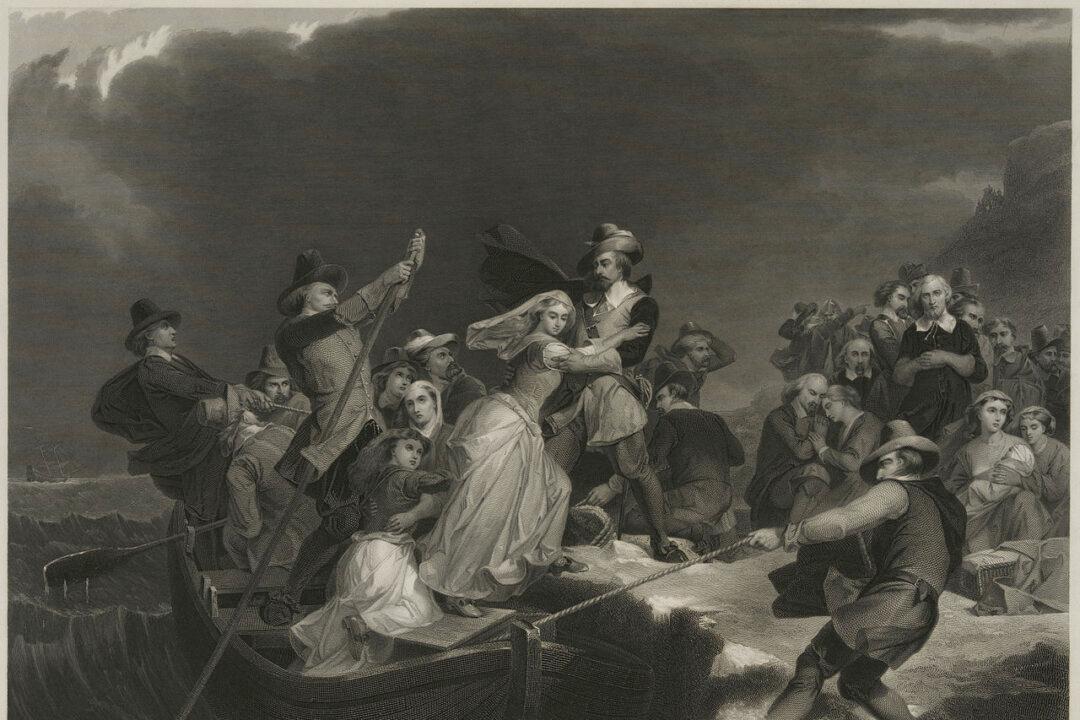If you’re married or involved in a long-term relationship, you may have experienced one of those horrifying moments when your spouse or significant other says or does something that causes your mouth to drop open and the following words to come out: “I—I thought I knew you.”
It may be something trivial, like whether you pronounce “endive” as “N-dive” or “on-DEEV,” or something important, like politics: ”I can’t believe you don’t support the cause of the neo-sans-culottes against the oppressive revanchist regime in Upper Volta!”






